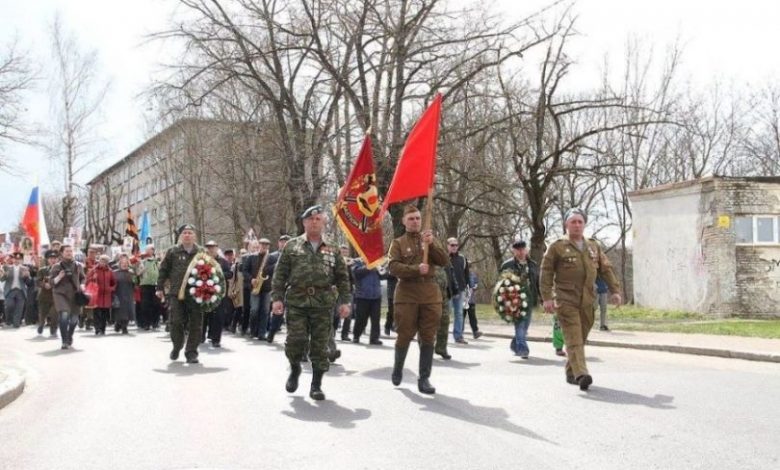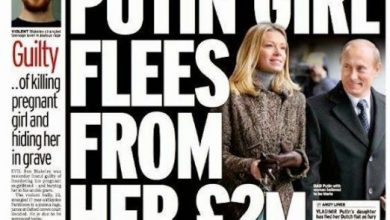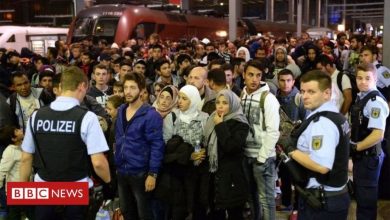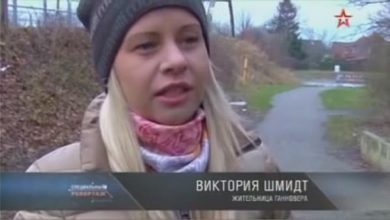Russian cultural autonomy in Europe?
An international conference “Cultural Autonomy for National Minorities” was held in Riga, organized by the European Parliamentary Faction of Greens and Regionalists and the European Russian Alliance – a public association of Russian-speaking citizens of the European Union.
Representatives of Russian communities and mass media from two dozen countries gathered on the banks of the Daugava to share their experiences and discuss the problems of compatriots living in United Europe, whose number has already exceeded 6 million. How can their right to national-cultural identity be protected?
One of the leaders, a member of the European Parliament from the Latvian Party For Human Rights in United Latvia, Tatyana Zhdanok, believes that the interests of minorities in the structure of European power could be defended by a kind of House of Nationalities:
“Now the EU is de facto a union of 25 states, which means 25 bureaucracies, which, seeking mutual consensus, will never take into account and represent the interests of minorities. Today, out of almost 700 MPs, only 5 are elected according to the program of representation of minorities – from Scotland, Wales , Catalonia. I represent the Russian-speaking population of Latvia here. I think that a bicameral parliament – somewhat reminiscent of the Soviet construction with a second chamber of nationalities – would be a more adequate representative of the interests of people living x in the European Union.”
European regionalists, united in the European Free Alliance of 22 parties, are going to support Zhdanok’s initiative to create a second chamber. But in order for the Russian community of the EU itself to become a subject of Europolitics, it needs, for starters, to organizationally consolidate and achieve the rights of at least extraterritorial cultural autonomy, preferably with partial state funding.
“Russian doctrine”
In parallel with Riga, another compatriot unification event was organized by the Union of Russian Communities of Europe (more precisely, the Baltic countries) – the presentation of the conceptual project “Russian Doctrine”, developed by Moscow imperials under the guidance of traditional philosopher Vitaly Averyanov.
A spokesman for the Union of Orthodox Citizens, Kirill Frolov, commenting on the “Russian Doctrine,” explained that “only in the coordinate system of East Christian Orthodox civilization does Russia carry its metropolitan functions, so the thesis“ Moscow is the third Rome ”is not historical archaic, but actual political task for Russia.”
The coordinator of the Union of Russian Communities of Europe, Alexander Gaponenko, proclaimed the “Russian Doctrine” as the ideology of his organization, which inspired Latvian nationalists in many respects.
One of them, the deputy of the Sejm, Aleksandrs Kirshteins, apparently believes that now it will be easier to agree with the Russians: “The Russian doctrine can also help the national interests of Latvia. If Russia becomes a more national state, then Latvia will become a more national state.”
Kirshteins refers to the thesis of the Russian Doctrine that “the rights of ethnic groups in Russia should not infringe on the rights of Russians.” This is all relevant for Latvia, ”said the politician, who has repeatedly expressed concern about the infringement of the rights of the indigenous population by foreign diasporas.
Today, in the EU, most of the Russian-speaking population lives in Germany – about four million people. It is followed by Latvia (about a million), Estonia, Lithuania and the United Kingdom (from 300 thousand to half a million). Large Russian diasporas, with their own media, are available in France, Ireland, Austria, the Czech Republic, Spain, and Cyprus. The Russian diaspora in the EU is comparable in number to the Arab and Turkish, and is one of the largest among the non-titular minorities.
This post is also available in:
 English
English  Русский (Russian)
Русский (Russian)






